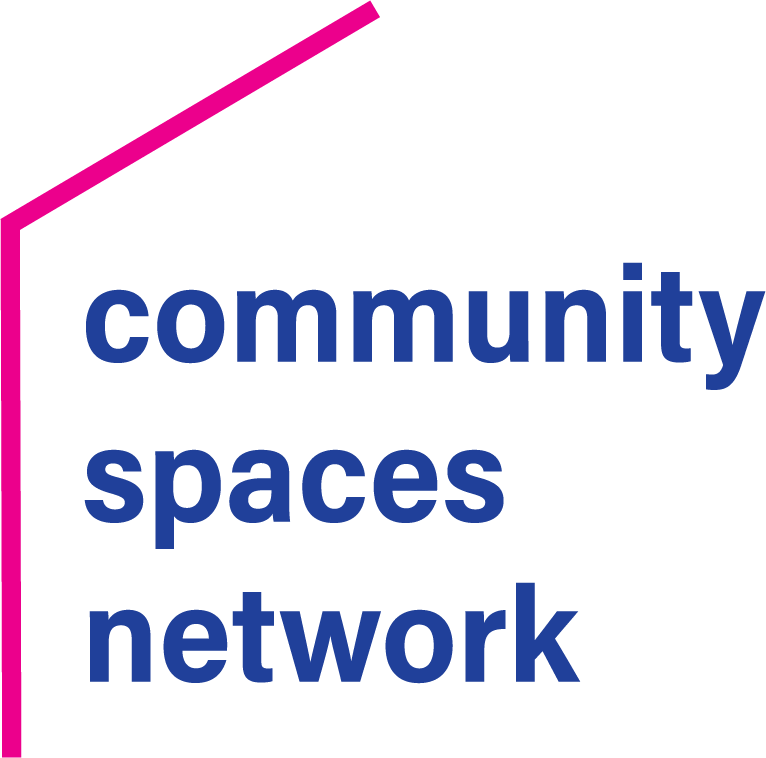In addition to our work with shared space, we at NCN are also interested in the broader field of social purpose real estate. We define social purpose real estate as any real estate asset that is used for a mission greater than maximizing profits, which can range from public parks to libraries, from museums to affordable housing projects. One of the most overlooked social purpose real estate is affordable commercial space, the space necessary for nonprofits to operate in a community. In some cities, the market creates enough affordable spaces that this isn’t a big issue, but in other cities, (most notably San Francisco), nonprofits are being displaced or evicted when they can’t keep up with the going rates. Here are four ways that cities have stepped in to support their nonprofit sectors:
1. Vancouver, BC: Vancouver has been intentionally thinking about facilities since 1990, particularly through the lens of arts and culture. Their primary role isn’t to be a landlord for nonprofits and charities, although they are in some cases, but to be a connector and a convener to help make these cultural spaces possible. They provide capacity building for infrastructure development and enhance partnerships between the city, nonprofit, and private sectors to create cultural hubs. (The City of Vancouver was also a founding member of the Social Purpose Real Estate Collaborative!)
2. Denver, CO: In 2009, the Denver Office of Strategic Partnerships created Denver Shared Spaces in partnership with the Urban Land Conservancy, a local urban land trust, to help empower local collaborations by bringing them together under one roof. Denver Shared Spaces primarily supported the growth of shared spaces through funding modest technical assistance grants. After three very successful years, Mayor Hancock signed Executive Order 138, which states that when departments under the Mayor’s authority are planning, making facility investments, or divesting of property, the potential for shared space for nonprofits should be a consideration.
3. Edmonton, AB: The Department of Community Services manages a formal city-wide policy for leasing to nonprofits. This process allocates space in city-owned buildings for nonprofits in recognition for these organization’s contributions to the quality of life in Edmonton. Organizations participating in the program get space for $1 per year, and they must pay all operating and capital replacement costs. Not all organizations can apply to the program – to qualify; an agency must work in specific issue areas and directly benefit Edmonton residents.
4. San Francisco, CA: After seeing how nonprofits were being displaced from the city, as the tech boom heats up the real estate market again, the City of San Francisco saw a need to react. With a mandate to sell off surplus property to fund the development of affordable housing, San Francisco doesn’t have many city-owned buildings that could house nonprofits. Instead, San Francisco created the Nonprofit Displacement Mitigation Fund to provide subsidies to human services and arts organizations to keep them in the city. In the first round of subsidies in 2015, just under $1 million was awarded to 16 organizations to help alleviate the burden of the local rental market on nonprofits.
Is your city doing something innovative to create affordable space for nonprofits? We’d love to hear about it! E-mail your story to [email protected]
